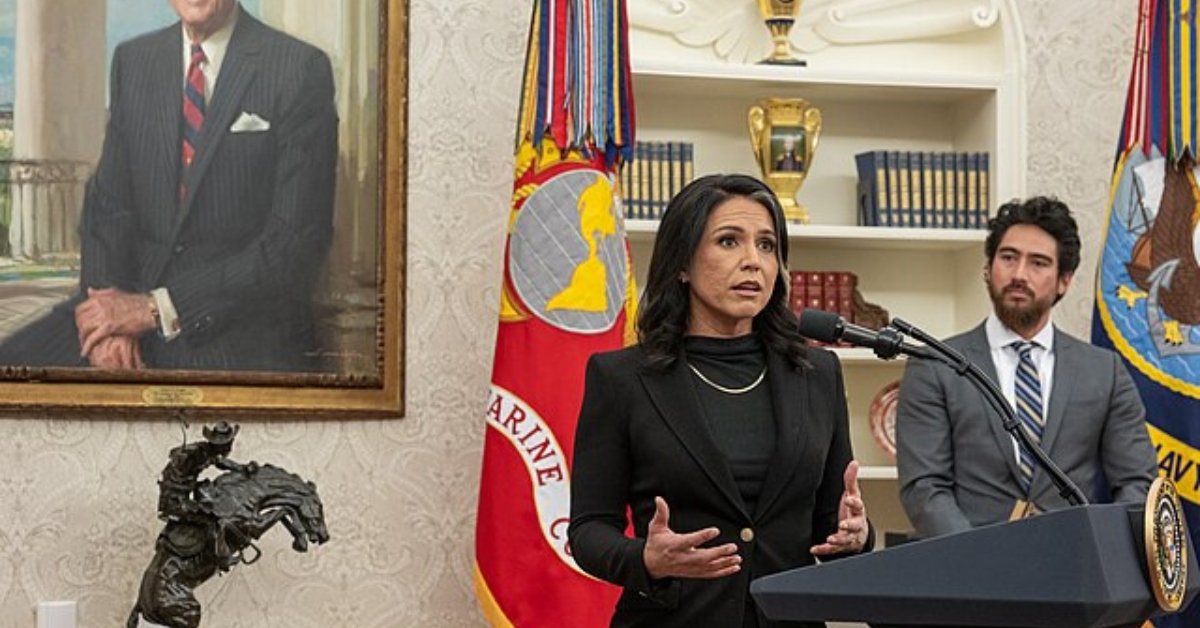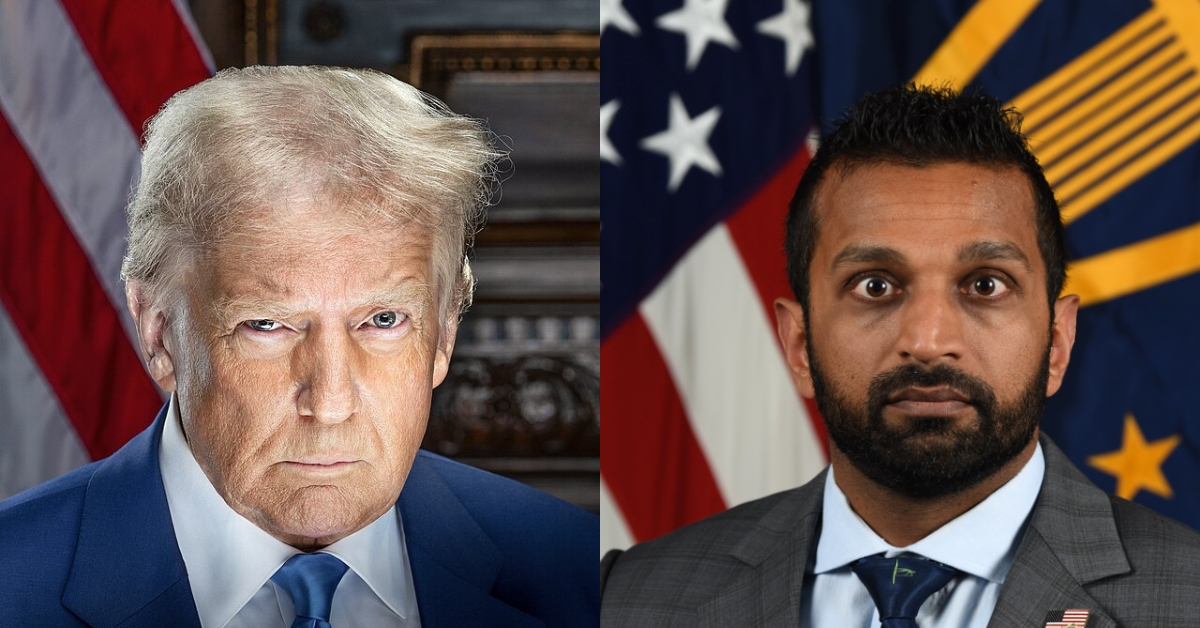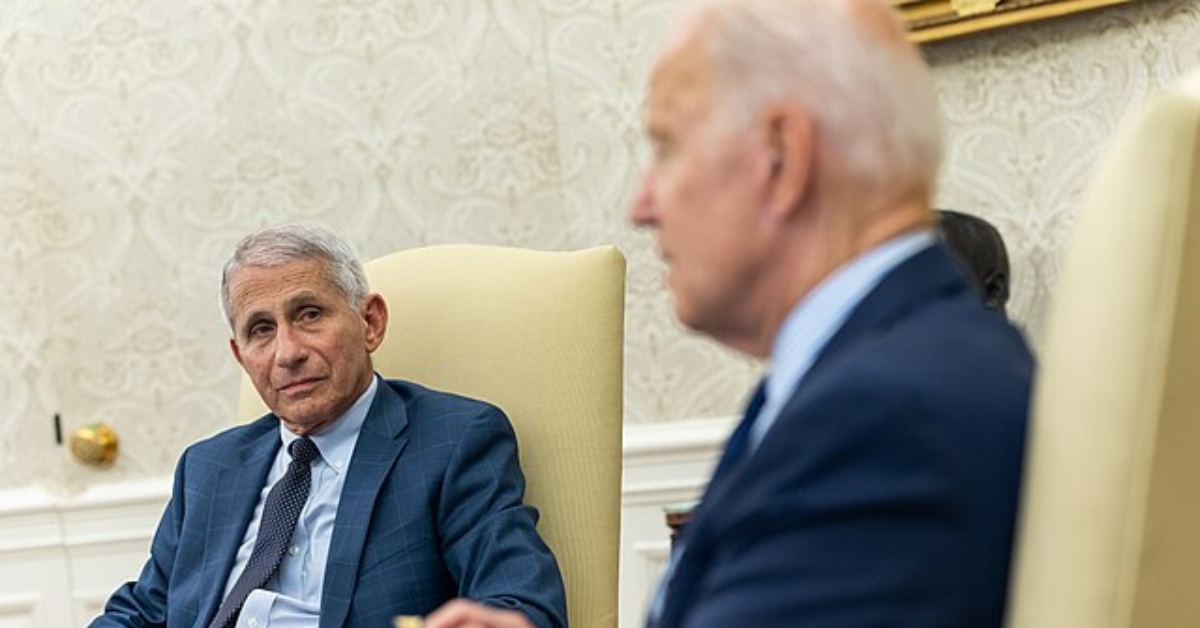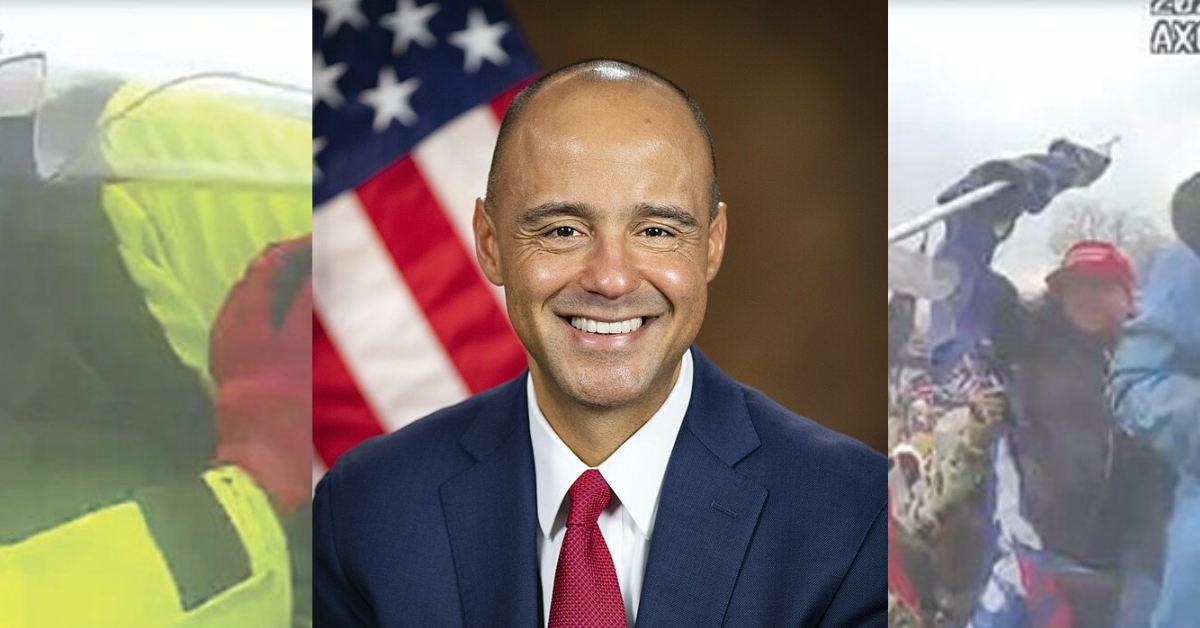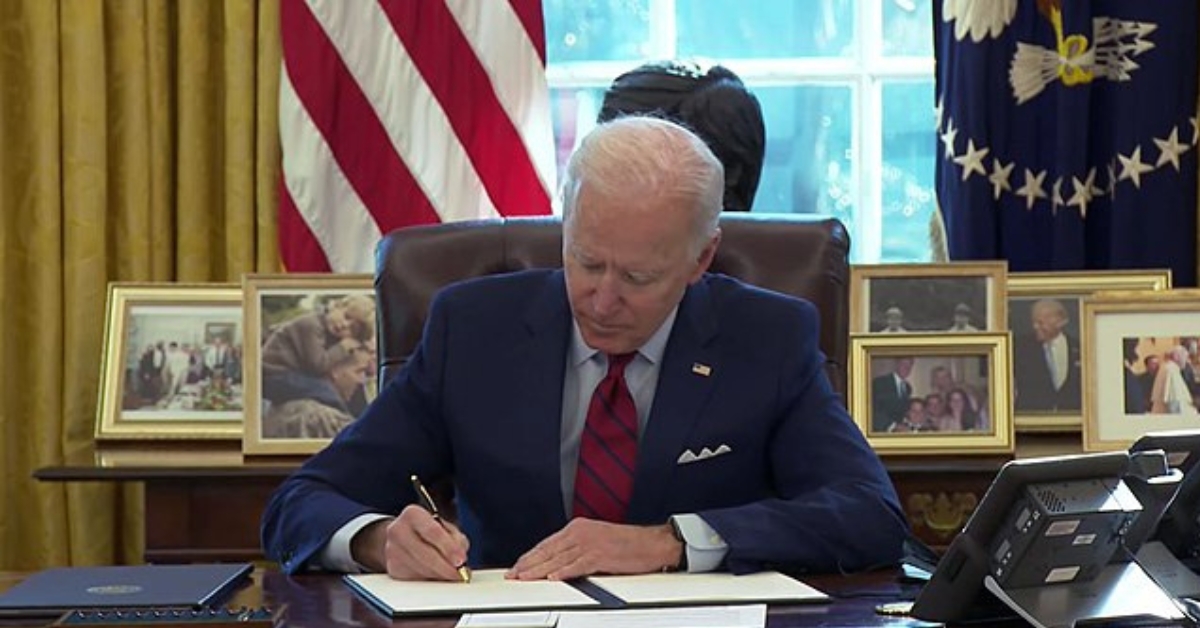
Hunter Biden Prosecutor Set to Testify Before Congress in November
In a recent development, the top prosecutor in the Hunter Biden case, Special Counsel David Weiss, is set to testify before the House Judiciary Committee in early November. This testimony, scheduled for November 7, will be conducted behind closed doors, and it is a significant step in the ongoing investigation into Hunter Biden’s actions.
Weiss was appointed as special counsel by Attorney General Merrick Garland in August, and he has been leading the investigation into Hunter Biden’s alleged tax violations. This move comes after concerns were raised by IRS whistleblowers Gary Shapley and Joseph Ziegler, who accused the Department of Justice (DOJ) of granting Hunter Biden special treatment during Weiss’s tenure as the Delaware U.S. Attorney.
Shapley revealed that Weiss had previously indicated that his charging authority was limited, prompting him to seek special counsel authority. Furthermore, Weiss faced difficulties in getting cooperation from the Biden-appointed U.S. Attorney for the District of Columbia, Matthew Graves. Graves confirmed his lack of cooperation when he testified before the Judiciary Committee, stating that Weiss needed authorization from the DOJ tax division to bring charges against Hunter Biden.
The dispute between Weiss and Shapley escalated, leading to Shapley’s removal from the Hunter Biden case, as testified by multiple IRS officials to the House Ways and Means Committee. Shapley’s attorney, Tristan Leavitt, maintained that his client was retaliated against for raising concerns about the handling of the Hunter Biden case.
Additionally, Shapley revealed that the Biden-appointed U.S. Attorney for the Central District of California, E. Martin Estrada, refused to cooperate with Weiss in the Hunter Biden case. This accusation was corroborated by The New York Times and multiple officials involved in the case.
Hunter Biden, the son of President Joe Biden, faces legal troubles, including federal gun charges and tax misdemeanors. He was indicted on gun charges in September relating to his purchase of a firearm while allegedly addicted to drugs. Hunter Biden pleaded not guilty to these charges.
Furthermore, his tax misdemeanor case has seen twists and turns, including a failed guilty plea deal due to scrutiny of an immunity provision. The Ways and Means Committee has released documents supporting the IRS whistleblower testimonies, which led to the first impeachment inquiry into President Biden.
As a result of the ongoing investigation, the House Oversight Committee has issued subpoenas for the bank records of Hunter Biden and his uncle James Biden. These records have revealed substantial financial dealings with individuals and companies in various countries, totaling over $24 million, as disclosed in suspicious activity reports sent to the Treasury Department.
Weiss filed a motion in August to dismiss Hunter Biden’s Delaware tax charges, possibly to bring charges elsewhere. The charges were dismissed without prejudice.
In response to the whistleblowers’ testimonies, Hunter Biden is suing them for alleged illegal disclosures, claiming they are trying to silence him. Weiss has not brought new tax charges against Hunter Biden, and a trial date for the gun charges is yet to be set.
These developments have raised questions about the fairness and transparency of the legal proceedings surrounding Hunter Biden, as well as concerns about potential conflicts of interest in the case. The upcoming testimony of Special Counsel David Weiss before the House Judiciary Committee will shed more light on these matters.
